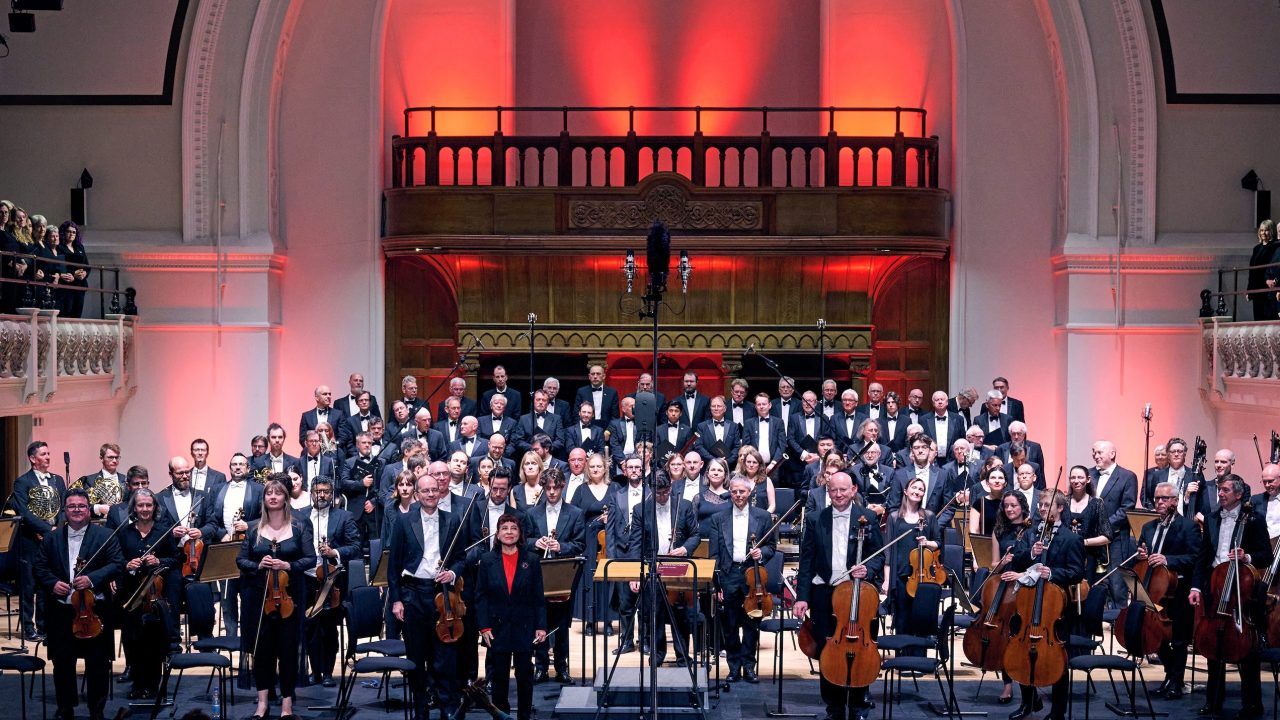Mozart composed his magnificent final three symphonies during the summer of 1788, when impending war and economic malaise conspired to create financial difficulties for the composer.
The three symphonies were likely composed for a concert series in August in one of Vienna’s casinos although it is uncertain whether these concerts ultimately took place.
In contrast with the joyful brilliance of the other two symphonies Mozart composed that summer, this one has a darker mood. The key of G minor seems to have held a special significance for Mozart, as he reserved it for some of his most emotionally intense works.
The clarinet concerto was the last of Mozart’s completed compositions and is music of sublime simplicity and peacefulness, projecting an air of gentle, slightly wistful contentment that is poignantly at odds with the circumstances of the composer’s physical state at this time of its creation.

